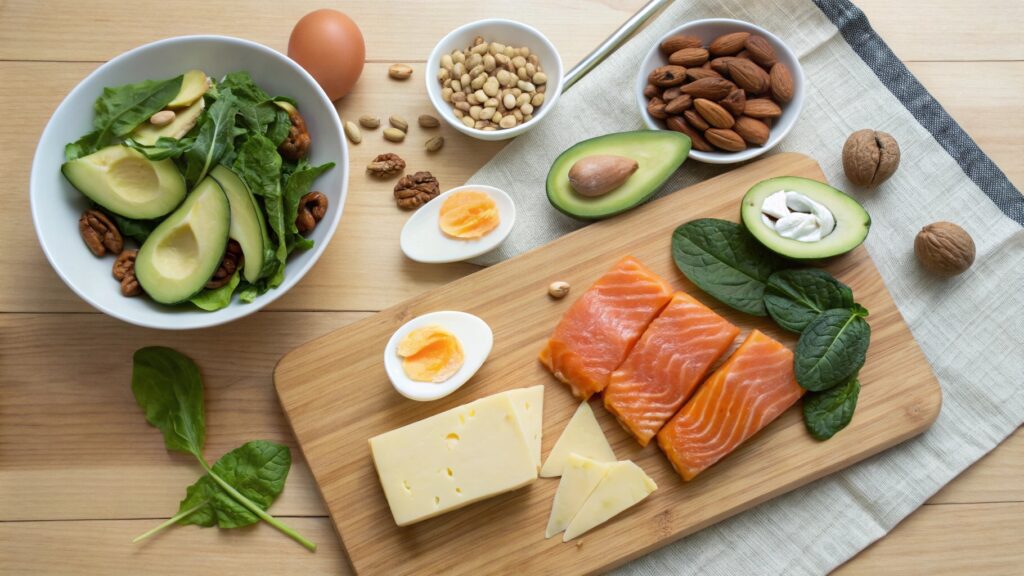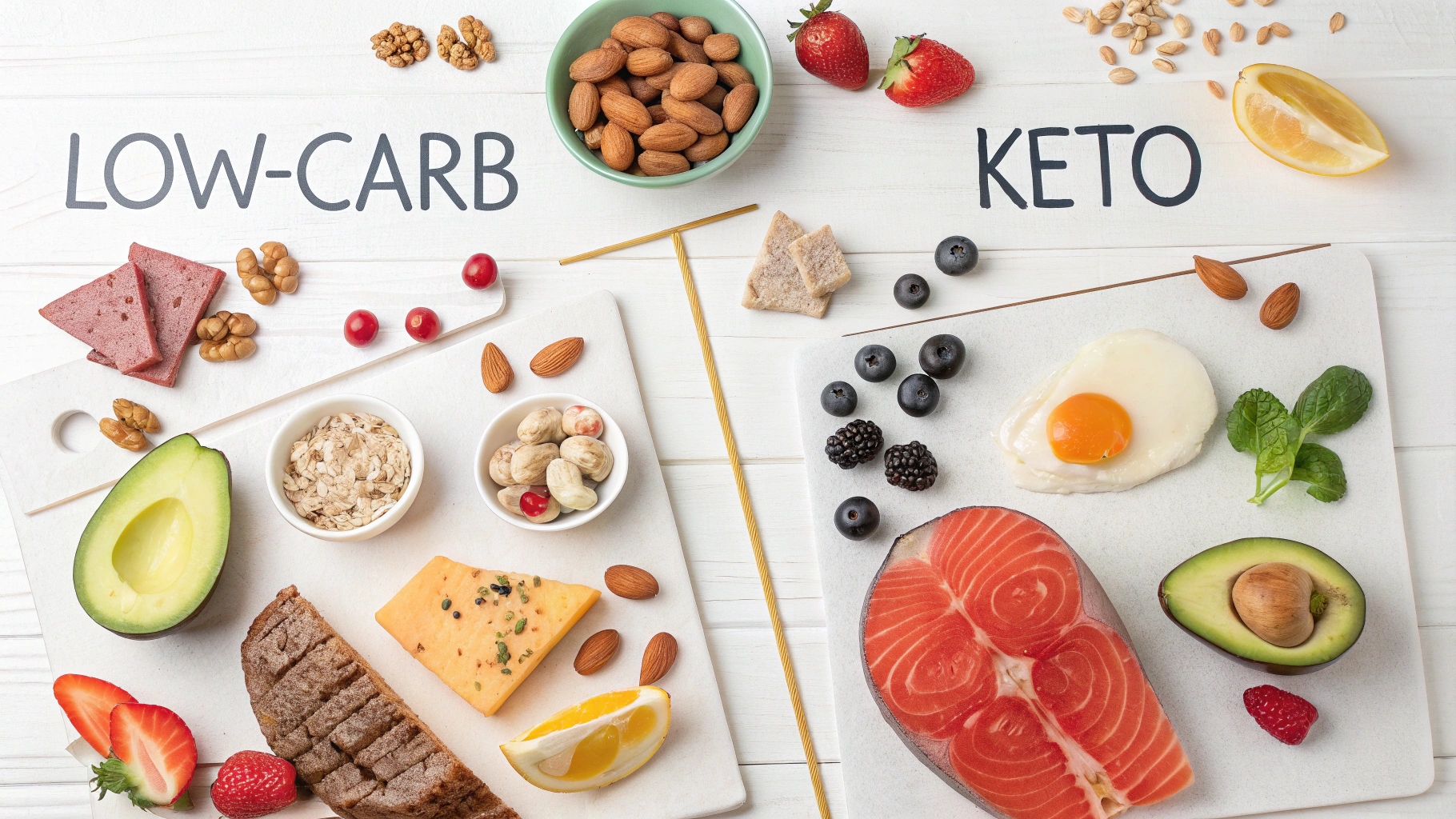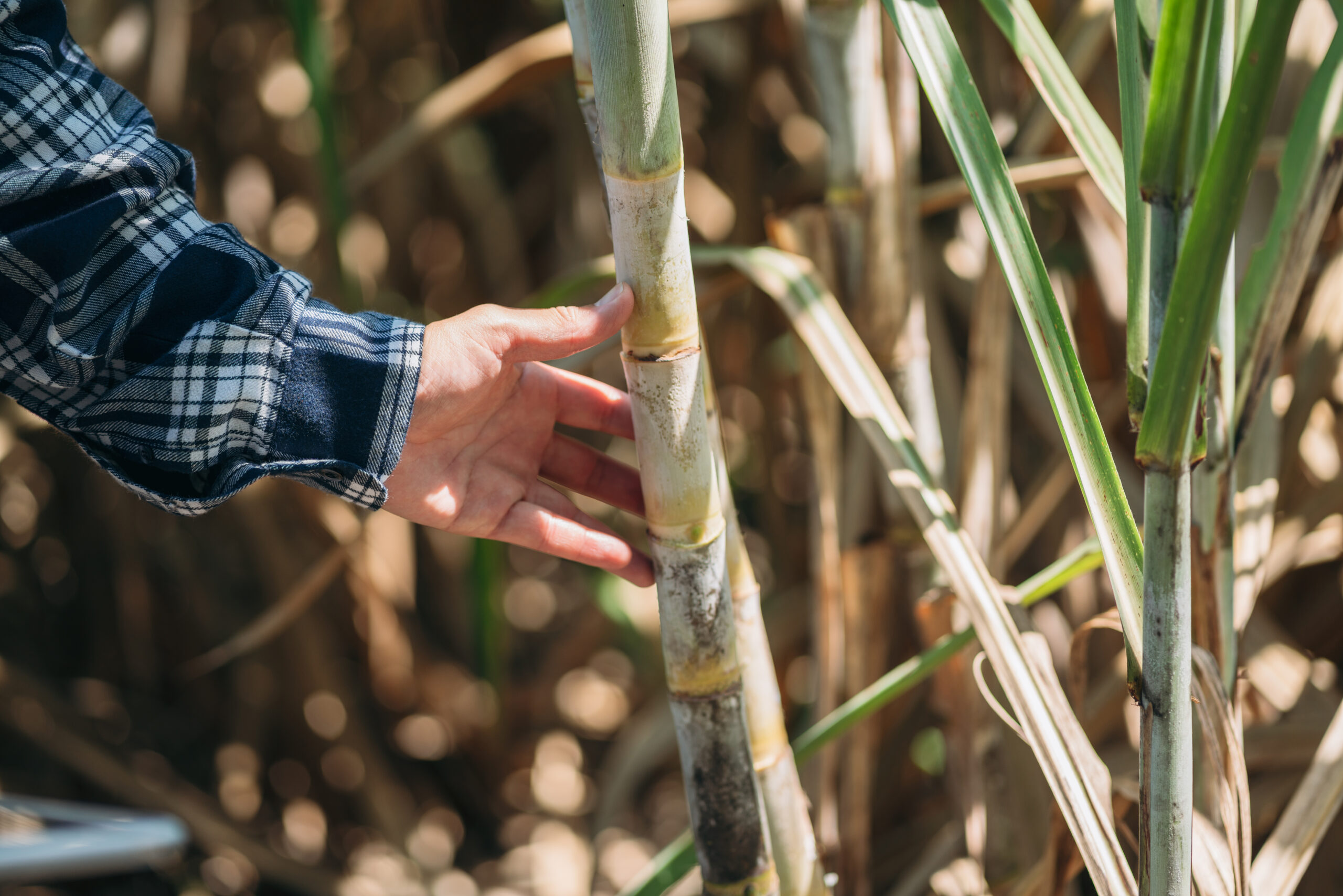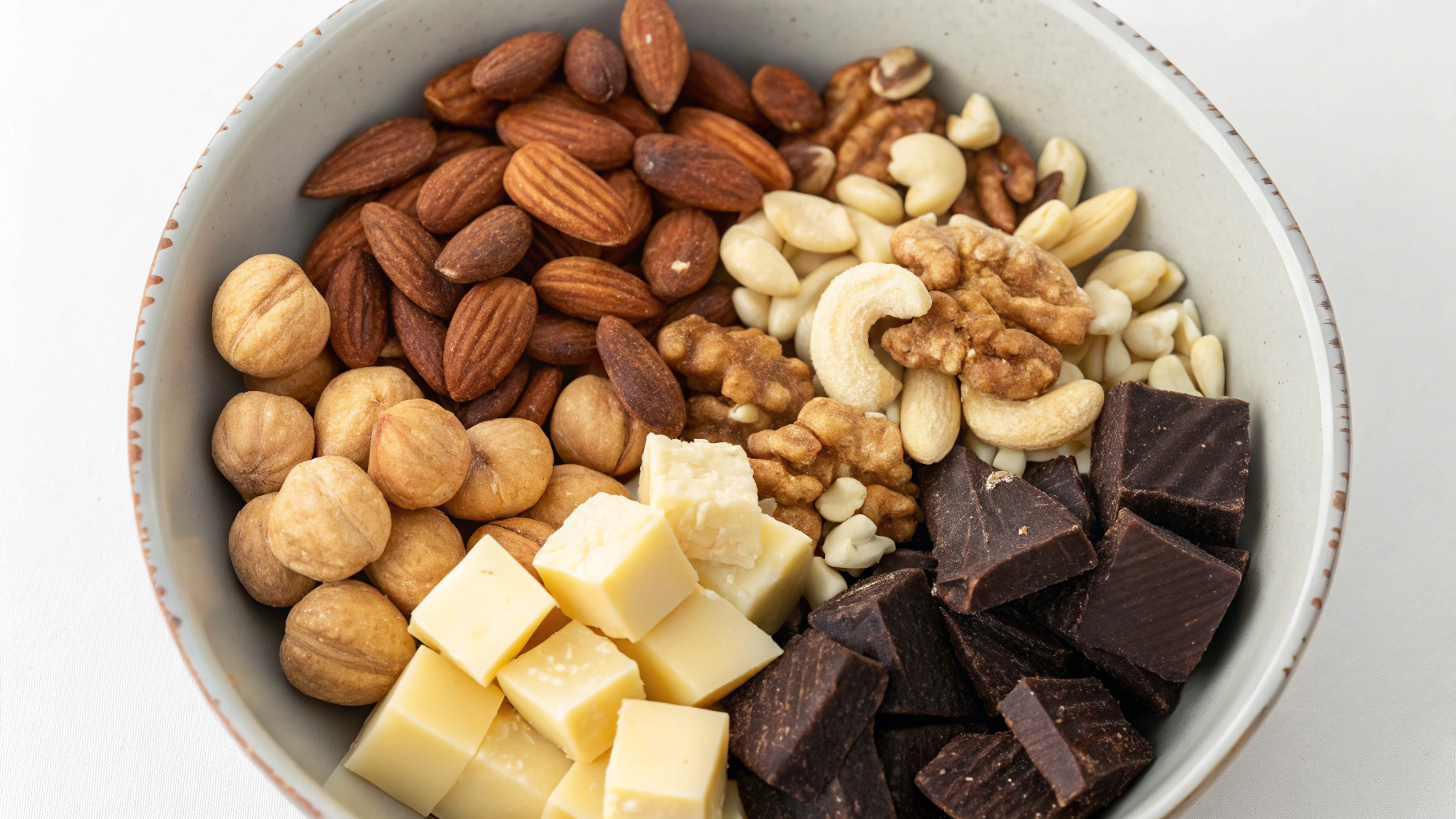Introduction
Many people looking to lose weight or improve their health often hear about the keto vs. low-carb diet debate. While both diets focus on reducing carbohydrate intake, they have different rules, effects, and benefits. Understanding the key differences can help you decide which one suits your goals best.
In this article, we will compare the keto diet and the low-carb diet, discuss their benefits, and help you decide which one is right for you.

What Is a Low-Carb Diet?
A low-carb diet reduces carbohydrate intake but does not eliminate them entirely. People following a low-carb diet focus on eating whole foods while limiting processed carbs like bread, pasta, and sugar. The main macronutrient balance in a low-carb diet typically includes:
- Moderate protein
- Moderate to high healthy fats
- Lower carbohydrates (typically 50–150 grams per day)
Benefits of a Low-Carb Diet:
- Easier to follow than keto
- Supports steady weight loss
- Provides flexibility with food choices
- Reduces blood sugar levels
- Supports long-term health and lifestyle changes
Allowed Foods:
- Proteins: Meat, poultry, fish, eggs
- Healthy fats: Olive oil, avocados, nuts
- Low-carb vegetables: Broccoli, lettuce, peppers
- Some fruits: Berries, apples (in moderation)
- Some grains: Quinoa, oats (in moderation)
Foods to Avoid:
- Sugary foods: Candy, soda, pastries
- Highly processed grains: White bread, pasta
- High-carb snacks: Chips, crackers
What Is the Keto Diet?
The keto diet is a stricter form of low-carb eating that forces the body into a metabolic state called ketosis. In ketosis, the body burns fat instead of carbs for energy. The macronutrient breakdown in keto is:
- High fat (70-80% of daily calories)
- Moderate protein (15-25%)
- Very low carbohydrates (typically under 50 grams per day)
Benefits of the Keto Diet:
- Rapid weight loss due to fat burning
- Enhanced mental clarity and focus
- Reduced cravings and appetite suppression
- Helps manage diabetes and insulin resistance
- May improve heart health by lowering triglycerides
Allowed Foods:
- Healthy fats: Avocados, olive oil, butter, nuts, seeds
- Protein sources: Meat, poultry, fish, eggs
- Low-carb vegetables: Spinach, kale, zucchini, cauliflower
- Dairy: Cheese, heavy cream, Greek yogurt (in moderation)
Foods to Avoid:
High-carb fruits: Bananas, apples, grapes
Sugar: Soda, candy, baked goods
Grains: Rice, pasta, bread
Starchy vegetables: Potatoes, corn, carrots
Key Differences Between Keto and Low-Carb
| Factor | Keto Diet | Low-Carb Diet |
|---|---|---|
| Carb Intake | Strict (20-50g/day) | Flexible (50-150g/day) |
| Ketosis | Yes | Not required |
| Fat Intake | High (70-80%) | Moderate to high |
| Protein Intake | Moderate | Moderate to high |
| Allowed Foods | Very strict (no sugar, grains, starchy veggies, or most fruits) | More variety (some grains, fruits, and starchy veggies in moderation) |
| Sustainability | Can be harder long-term | More flexible and sustainable |
| Weight Loss | Rapid due to ketosis | Gradual but steady |

Which Diet Is Better for Weight Loss?
Both keto and low-carb diets can help with weight loss, but the rate and sustainability differ.
- Keto Diet: Leads to faster weight loss by using fat as fuel, but can be difficult to sustain long-term.
- Low-Carb Diet: Allows steady, gradual weight loss and is easier to maintain as a lifestyle.
Which Diet Is Better for Energy Levels?
- Low-Carb Diet: Provides steady energy levels since it allows moderate carbohydrate intake.
- Keto Diet: Initially causes the “keto flu” (fatigue, headaches), but energy improves once the body adapts to ketosis.
Which Diet Is Better for Diabetes Management?
Both diets help control blood sugar levels. However:
- Keto diet has been shown to significantly reduce insulin resistance and help manage type 2 diabetes.
- Low-carb diet is easier for diabetics who do not want extreme carb restrictions but still need better glucose control.
Which Diet Is Easier to Follow?
- Low-carb diets allow more flexibility, making them easier for long-term adherence.
- Keto diet requires strict tracking of carbs and fats, making it harder to sustain for many people.
Foods Allowed on Each Diet
Low-Carb Diet Foods:
- Lean meats and poultry
- Eggs
- Non-starchy vegetables
- Nuts and seeds
- Healthy fats (avocado, olive oil)
- Dairy (cheese, yogurt)
Keto Diet Foods:
- Fatty meats (bacon, steak)
- High-fat dairy (butter, heavy cream)
- Oils (coconut oil, olive oil)
- Nuts and seeds
- Low-carb vegetables (spinach, broccoli)
- No high-carb foods like bread, pasta, or fruits
Who Should Choose Keto?
- Those who want fast weight loss
- People managing diabetes or insulin resistance
- Those who don’t mind strict food restrictions
Who Should Choose Low-Carb?
- People looking for a more balanced, long-term diet
- Those who need flexibility in food choices
- Anyone who prefers a gradual approach to weight loss
Common Mistakes to Avoid
- Not Eating Enough Fat on Keto: Keto requires a high-fat intake; otherwise, energy levels drop.
- Overeating Protein: Excess protein can turn into glucose, preventing ketosis.
- Ignoring Hidden Carbs: Some foods contain hidden sugars, which can slow progress on either diet.
- Not Drinking Enough Water: Both diets require proper hydration to avoid fatigue and headaches.
FAQs
1. Is the keto diet better than low-carb for weight loss?
Keto leads to faster weight loss, but the low-carb diet is easier to sustain long-term.
2. Can I switch between keto and low-carb?
Yes, many people follow keto for quick weight loss and then transition to a low-carb diet for maintenance.
3. Will I experience side effects on keto?
Some people get the keto flu (fatigue, headaches) for the first few days, but it goes away once the body adapts.
4. Is the low-carb diet good for diabetes?
Yes! A low-carb diet can help stabilize blood sugar levels without extreme restrictions.
5. Can I eat fruits on keto or low-carb diets?
On keto, only low-carb fruits like berries are allowed. On a low-carb diet, more fruit options are available in moderation.
Conclusion
Choosing between a keto vs. low-carb diet depends on your goals and lifestyle. If you want rapid weight loss and metabolic benefits, keto may be the best choice. However, if you prefer a more sustainable and flexible eating plan, a low-carb diet is the way to go. Regardless of your choice, both diets can improve health and help you lose weight effectively!






